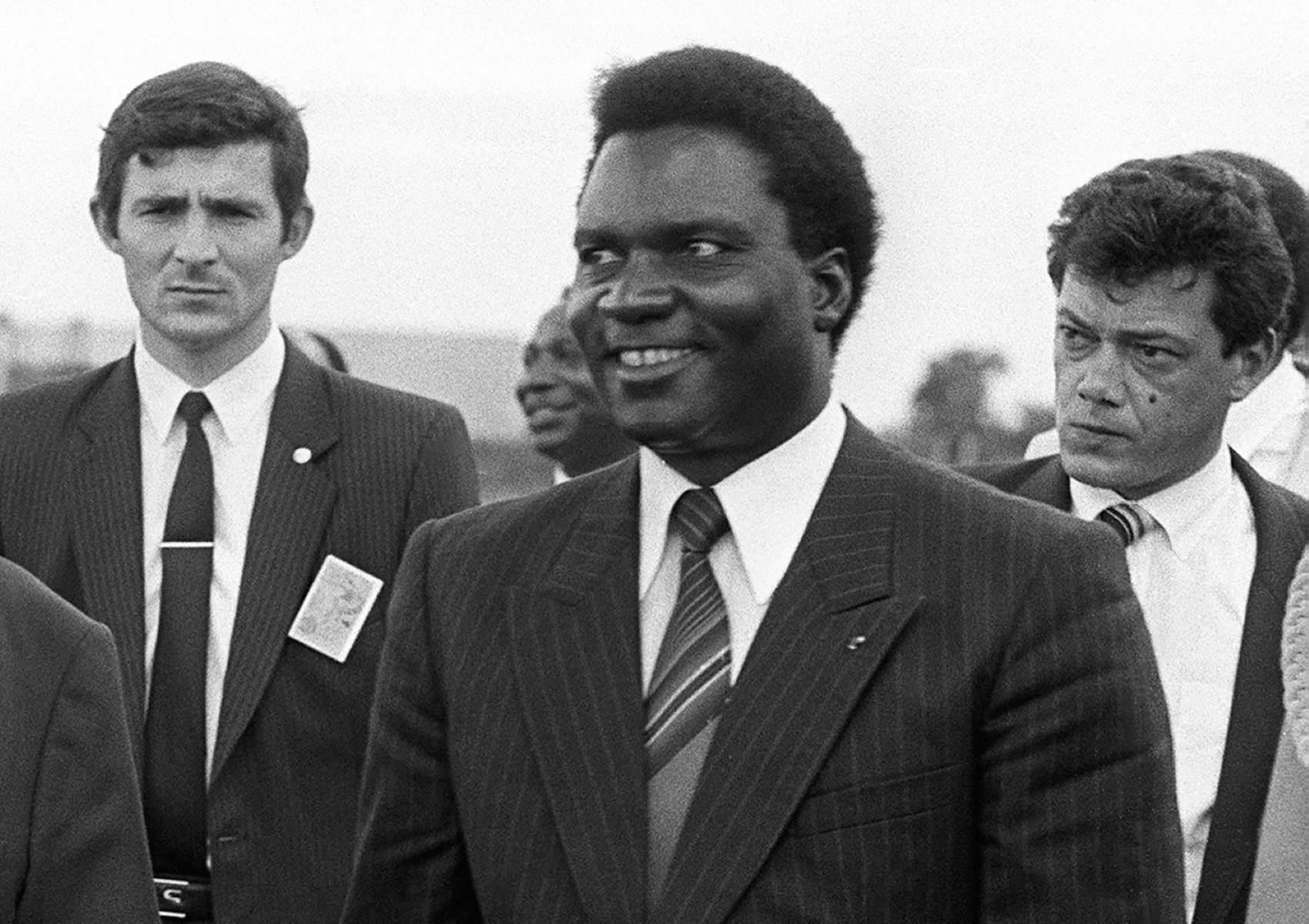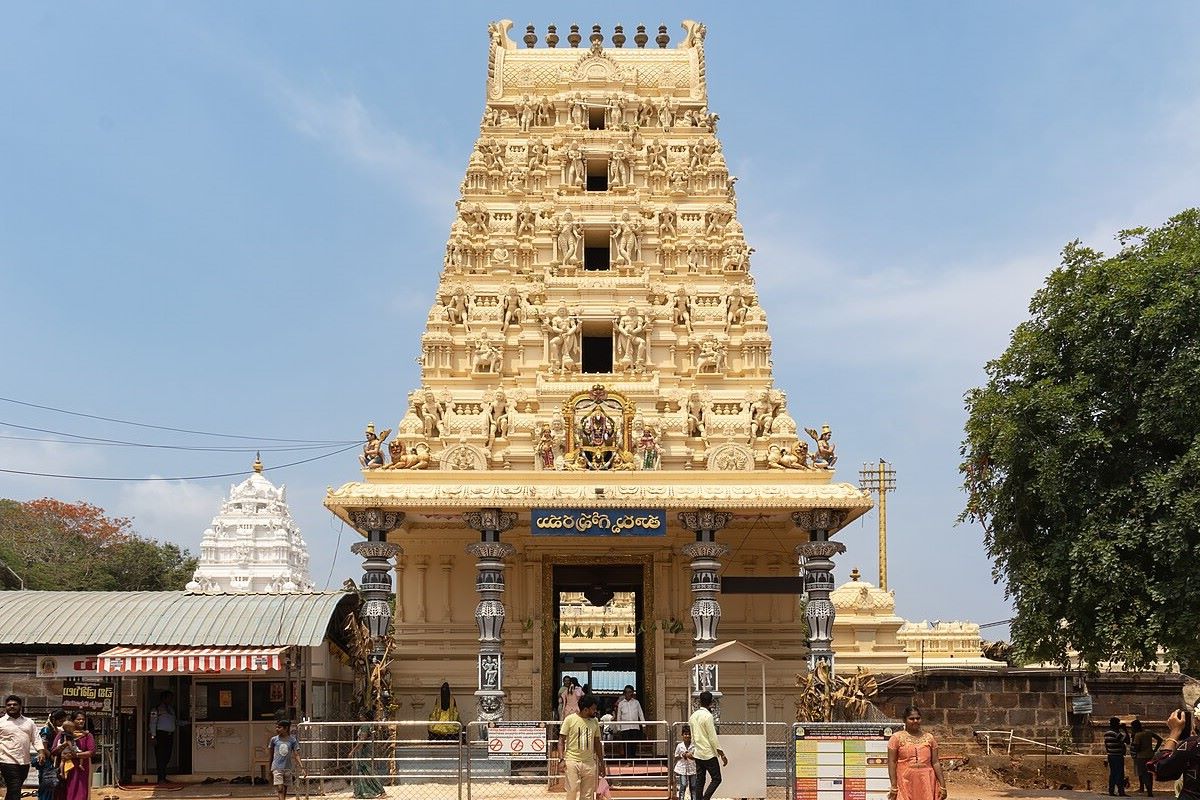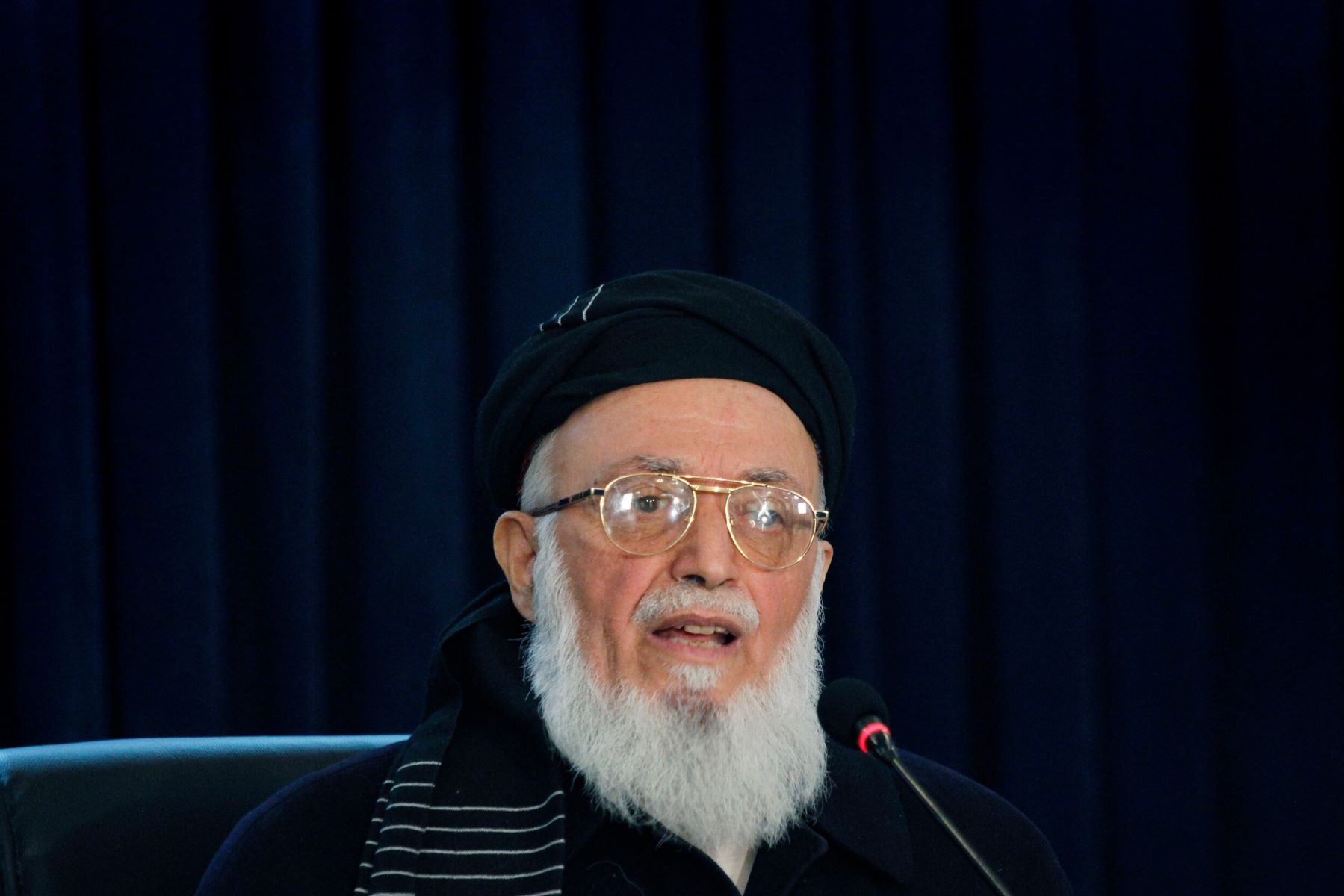
Who was Juvénal Habyarimana? Juvénal Habyarimana was a significant figure in Rwandan history, serving as the country's president from 1973 until his death in 1994. Known for his authoritarian rule, he led Rwanda through a period marked by both economic growth and increasing ethnic tensions. Why is he important? His assassination in 1994 triggered the Rwandan Genocide, one of the most horrific events of the 20th century. What should you know about him? Understanding Habyarimana's life and policies provides insight into the complex history of Rwanda and the factors that led to the genocide. This article will delve into 13 key facts about Juvénal Habyarimana, shedding light on his impact and legacy.
Early Life and Education
Juvénal Habyarimana's journey to becoming Rwanda's president began with his early life and education. Here are some key facts about his formative years.
- Born on March 8, 1937, in Gisenyi, Rwanda, Habyarimana hailed from a Hutu family, which played a significant role in his political career.
- He attended the prestigious Collège Saint-Paul in Kigali, where he excelled academically and showed early leadership potential.
- Habyarimana pursued higher education in medicine at Lovanium University in the Democratic Republic of Congo, although he did not complete his degree.
Rise to Power
Habyarimana's ascent to power was marked by strategic moves and political acumen. Let's explore how he rose to prominence.
- In 1963, he joined the Rwandan army and quickly climbed the ranks, becoming the Chief of Staff by 1965.
- Habyarimana seized power in a bloodless coup on July 5, 1973, ousting then-President Grégoire Kayibanda.
- After the coup, he established the National Revolutionary Movement for Development (MRND), which became the sole legal party in Rwanda.
Presidency and Policies
Habyarimana's presidency was characterized by significant policies and events that shaped Rwanda's history. Here are some notable aspects of his rule.
- He implemented a policy of "ethnic balance," which aimed to distribute government positions and resources among different ethnic groups, though it often favored the Hutu majority.
- Under his leadership, Rwanda experienced economic growth, particularly in agriculture, with coffee and tea becoming major exports.
- Habyarimana's regime was marked by authoritarian rule, with limited political freedoms and suppression of opposition.
The Rwandan Civil War
The Rwandan Civil War was a pivotal period during Habyarimana's presidency. Here are some key facts about this conflict.
- The civil war began in 1990 when the Rwandan Patriotic Front (RPF), composed mainly of Tutsi exiles, launched an invasion from Uganda.
- Habyarimana's government signed the Arusha Accords in 1993, which aimed to end the conflict and establish a power-sharing government, though tensions remained high.
- On April 6, 1994, Habyarimana's plane was shot down near Kigali, killing him and sparking the Rwandan Genocide, one of the most tragic events in modern history.
Legacy and Impact
Habyarimana's legacy is complex and deeply intertwined with Rwanda's history. Here are some lasting impacts of his rule.
- His death marked the beginning of the Rwandan Genocide, during which an estimated 800,000 people, mostly Tutsis, were killed in just 100 days.
Reflecting on Juvénal Habyarimana's Legacy
Juvénal Habyarimana's life and rule left a significant mark on Rwanda's history. His presidency, which began in 1973, saw both development and deepening ethnic tensions. Known for his authoritarian style, Habyarimana's policies favored the Hutu majority, leading to increased marginalization of the Tutsi minority. His assassination in 1994 triggered the Rwandan Genocide, a tragic event that claimed hundreds of thousands of lives. Despite his controversial legacy, Habyarimana's impact on Rwanda's political landscape remains undeniable. His life serves as a reminder of the complexities of leadership and the far-reaching consequences of political decisions. Understanding his story helps us grasp the intricate dynamics that have shaped modern Rwanda.
Was this page helpful?
Our commitment to delivering trustworthy and engaging content is at the heart of what we do. Each fact on our site is contributed by real users like you, bringing a wealth of diverse insights and information. To ensure the highest standards of accuracy and reliability, our dedicated editors meticulously review each submission. This process guarantees that the facts we share are not only fascinating but also credible. Trust in our commitment to quality and authenticity as you explore and learn with us.


